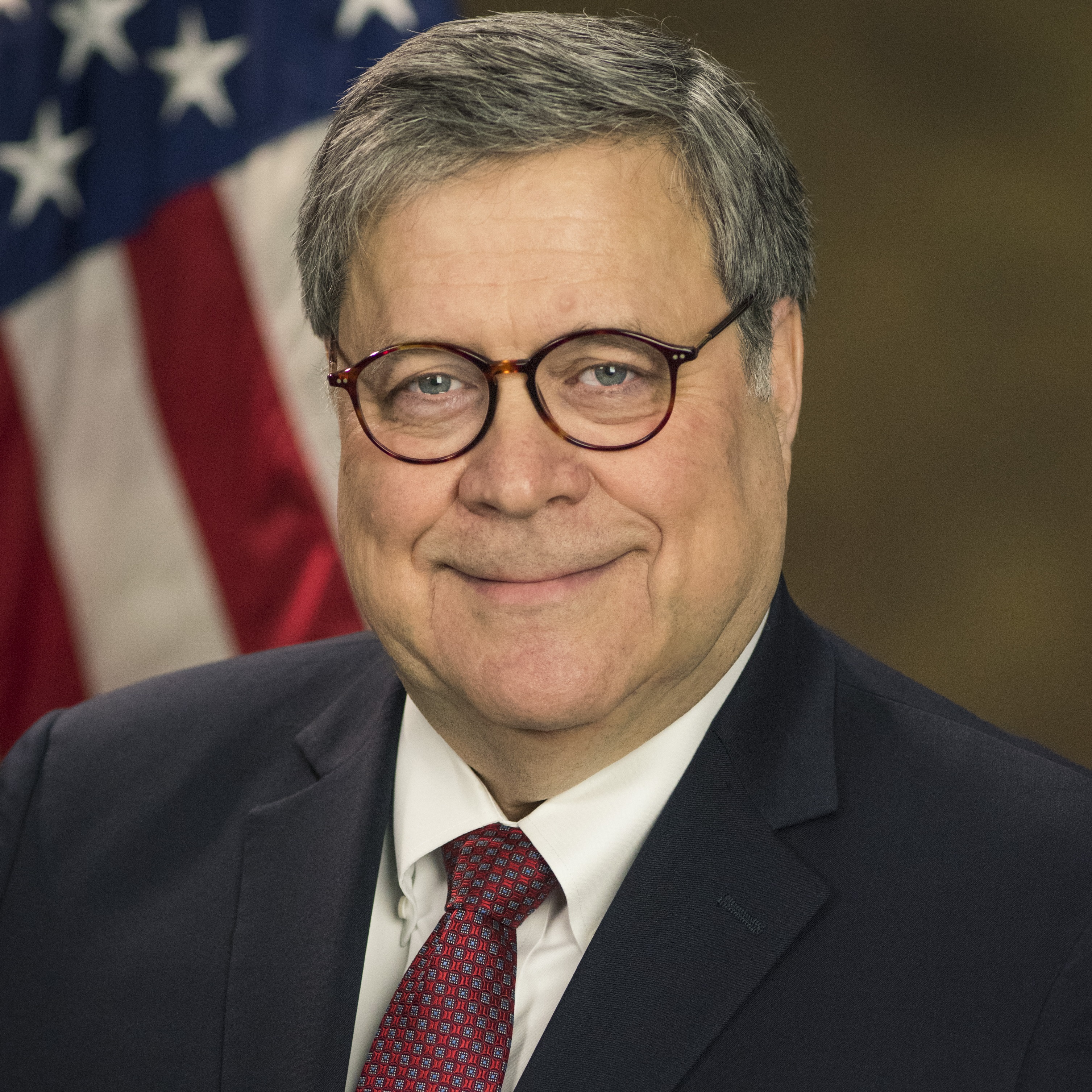Attorney General Barr: Sec. 230 May Need 'Recalibration'
The smarter way to stay on top of the multichannel video marketplace. Sign up below.
You are now subscribed
Your newsletter sign-up was successful
Attorney General William Barr said there are valid questions about whether tech companies should still get immunity from liability over third party content hosted online, but that Justice was not advocating its demise.

Related: Tech's Sec. 230 Sweetheart Deal Must End
Barr was giving opening remarks at a Department of Justice workshop Wednesday (Feb. 19) entitled: "Section 230: Nurturing Innovation or Fostering Unaccountability."
Section 230 of the Communications Decency Act holds that no web site is the publisher of third party content on the site, and so is not liable for its content. It also allows it to restrict constitutionally protected speech that it considers objectionable.
Republicans are concerned that the latter power allows liberal Silicon Valley companies to censor conservative speech as "objectionable."
The attorney general is no big fan of the section. In a speech back in December, Barr signaled that Justice was looking seriously, and critically, at social media platforms' Sec. 230 immunity from liability for third-party posts. This week's workshop is part of that deep dive.
"Section 230 was passed at a time where the internet was relatively new, and Congress wanted to protect the growth of online services and the ability for the internet to offer 'a forum for true diversity of political discourse," he said at the time, but said that the courts had expanded that original charter, citing the "staggering breadth of Section 230 immunity, as construed by the courts."
The smarter way to stay on top of the multichannel video marketplace. Sign up below.
Related: Court Upholds Edge Protection from Liability
Congress is currently considering whether to tighten Sec. 230's protections, though there does not yet appear to be the political appetite for getting rid of it entirely.
In Wednesday's opening remarks for the workshop, Barr continued to raise questions about Sec. 230.
"No longer are tech companies the underdog upstarts; they have become titans of U.S. industry," he said. "Given this changing technological landscape, valid questions have been raised on whether Section 230’s broad immunity is still necessary, at least in its current form."
Barr said that the rise of tech giants has left consumers with fewer options, both for those who want safer online spaces and those whose speech has been banned or restricted. "[T]he avenues for sharing information and engaging in discourse have concentrated in the hands of a few key players. Further, the big tech platforms of today often monetize through targeted advertising and related businesses, rather than charging users," he said. "Thus, their financial incentives in content distribution may not always align with what is best for the user."
He also said the days of bulletin boards like AOL have morphed into sophisticated platforms with moderation tools and algorithms, blurring the line between passively hosting third-party speech and curating or promotion it.
Barr sounded like anything but an originalist when it comes to Sec. 230. "Technology has changed in ways that no one, including the drafters of Section 230, could have imagined," he said. But then in the next breath sounded just like one when it came to court interpretations, saying they "seemingly stretch[ed] beyond the statute’s text and original purpose."
Then there was something of an original sin for a law enforcement official. "Online services also have invoked immunity even where they solicited or encouraged unlawful conduct, shared in illegal proceeds, or helped perpetrators hide from law enforcement," he argued.
Barr said that while Justice is concerned about the section and its use top evade the law, it is not ready to advocate for its demise, saying that the section has brought benefits and he wanted to avoid a cure that was worse than the disease.
Contributing editor John Eggerton has been an editor and/or writer on media regulation, legislation and policy for over four decades, including covering the FCC, FTC, Congress, the major media trade associations, and the federal courts. In addition to Multichannel News and Broadcasting + Cable, his work has appeared in Radio World, TV Technology, TV Fax, This Week in Consumer Electronics, Variety and the Encyclopedia Britannica.

